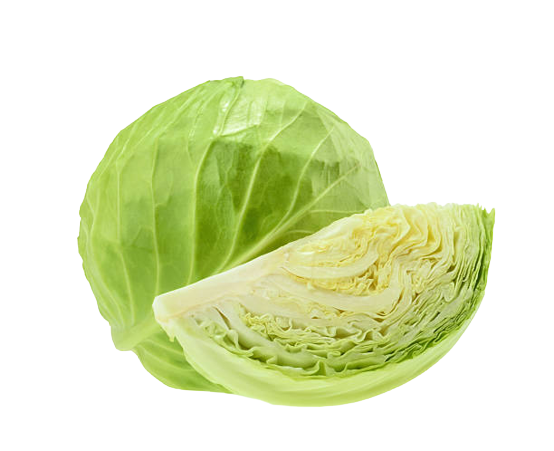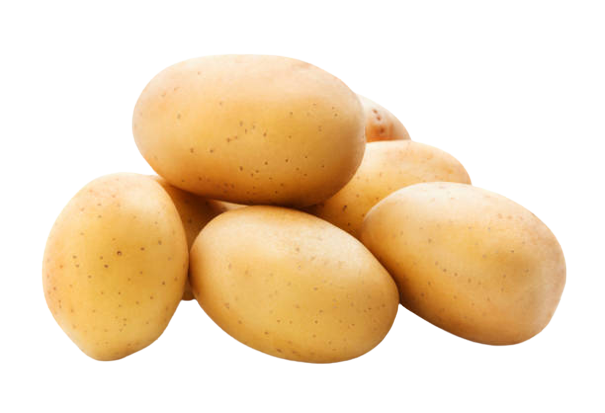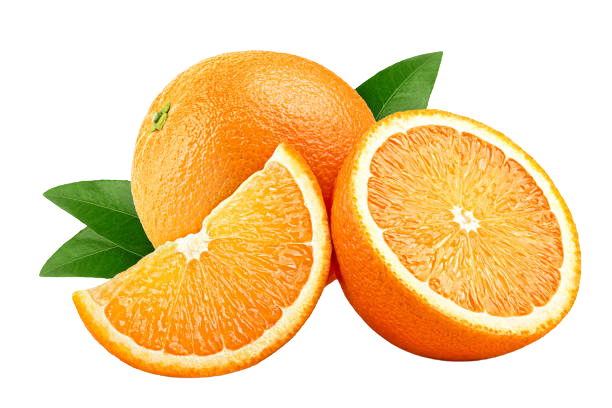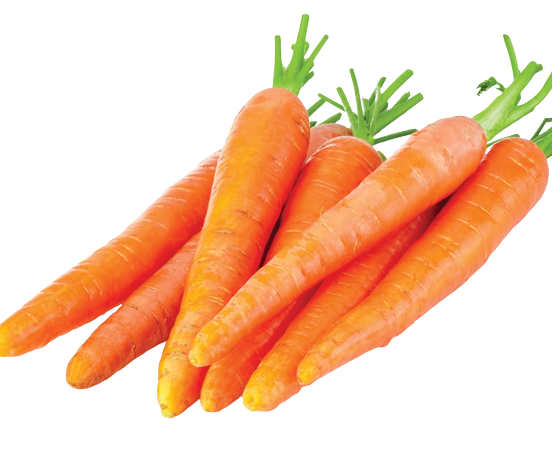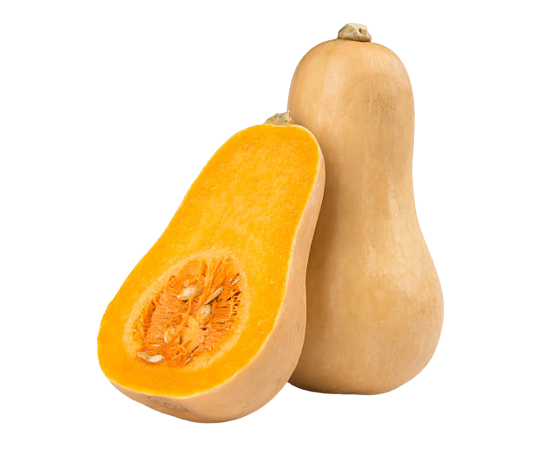Cabbage
You Save: R5.00 (25%)
Call | WhatsApp | Email to place your Order
- 083 786 6588
- 083 786 8566
- info@enyameni.co.za
Description
Cabbage
Health Benefits
Cabbage is low in calories and high in fiber. This makes it an excellent option for maintaining a healthy digestive tract. Additionally, cabbage contains a variety of antioxidant compounds that fight free radicals and reduce stress on your cells. Anthocyanin in particular has several benefits, including the protection of red blood cells.
A diet high in leafy green vegetables like cabbage may reduce your risk of developing type 2 diabetes. While research agrees that all fruits and vegetables can help prevent diabetes, studies suggest that leafy green vegetables are the most effective.
Colorectal Cancer Prevention
Cabbage and related vegetables such as kale, broccoli, and Brussels sprouts contain high levels of a chemical known as indole-3-carbinol. Scientists believe this chemical may play an important role in preventing several types of cancer, including colorectal cancer.
Better Brain Health
Eating just one serving of leafy green vegetables per day can promote brain health and reduce your risk of developing dementia. Research has shown that older adults who eat at least one serving of cabbage or similar vegetables each day have “brain ages” an average of eleven years younger than those who rarely eat any.
Nutrition
Cabbage is rich in antioxidants such as choline and lutein. These important compounds limit oxidative stress and could play a role in preventing cancer.
Cabbage is also a wonderful source of:
Nutrients per Serving
A one-cup serving of chopped raw cabbage contains:
- Calories: 22
- Protein: 1 gram
- Fat: Less than 1 gram
- Carbohydrates: 5 grams
- Fiber: 2 grams
- Sugar: 3 grams
Things to Watch Out For
Like many vegetables from the Cruciferae family, cabbage can cause gas and bloating. If you’re prone to bloating, you should avoid eating large amounts of cabbage, especially alongside other gas-inducing foods.
How to Prepare Cabbage
In general, cabbage is available in most regions throughout the fall, winter, and early spring — seasons in which finding fresh vegetables can otherwise be difficult. You can find it in grocery stores, co-ops, and farmer’s markets. It’s also grown in many gardens.
Cabbage lasts a long time if you keep it in your refrigerator’s crisper drawer. Use plastic wrap to store partially used cabbage.
- Use cabbage leaves as wraps to reduce your carbohydrate intake.
- Include shredded cabbage in your favorite green salad.
- When nearing the end of cooking a stew, add a cup of chopped cabbage.
- Add cabbage mixed with cilantro and lime to grilled fish tacos.
- Enjoy chopped cabbage with toasted sesame oil and soy sauce in a savory Japanese pancake.
- Toss chopped cabbage with lo mein noodles and chicken.
- Throw cabbage leaves in the slow cooker with beef kielbasa and potatoes.
- Blend cabbage with yogurt into a berry smoothie.

